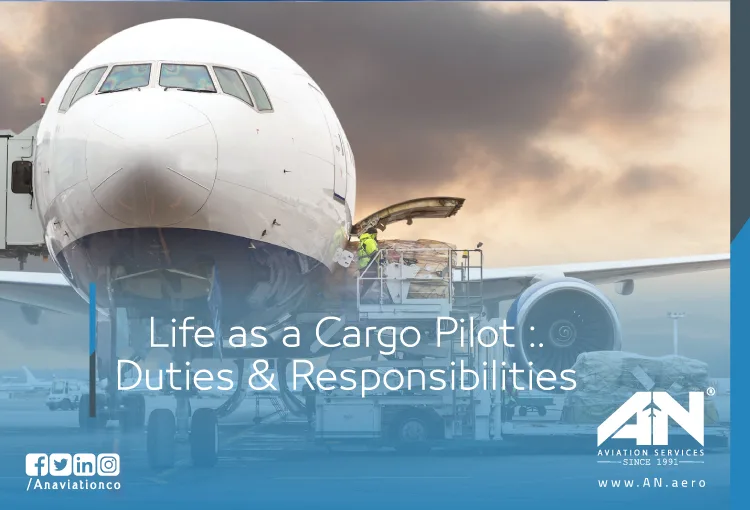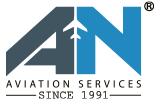
When it comes to aviation, most people picture commercial flights filled with passengers jetting off to distant destinations. However, another sector of aviation plays an equally vital role—cargo aviation. At the heart of this world are cargo pilots, professionals who keep global supply chains running smoothly by transporting essential goods and freight.
This article explores the unique life of a cargo pilot, diving into their responsibilities, work environment, challenges, and how their role compares to passenger airline pilots. If you’ve ever been curious about what it takes to be an airline transport pilot in the cargo world, this is your guide.
Who Are Cargo Pilots?
A cargo pilot specializes in transporting goods rather than passengers. Whether it’s medical supplies, perishable foods, or industrial equipment, cargo pilots ensure these items reach their destination on time and in excellent condition. While the role may seem similar to that of passenger pilots, the demands and work routines of cargo pilots are unique and often more challenging.
Cargo pilots operate various aircraft, from small freighters to massive planes like the Boeing 747 Freighter. These pilots typically work for logistics companies, specialized cargo airlines, or as part of a larger airline’s cargo division.
Duties and Responsibilities of a Cargo Pilot
Being a cargo pilot involves much more than flying a plane. Their duties cover a wide range of responsibilities, ensuring the flight operates efficiently and safely.
Flight Planning:
Every flight starts with meticulous planning. Cargo pilots work with dispatchers to review the flight path, weather conditions, and the aircraft’s weight and balance. Since cargo planes often operate on tight schedules, precise planning is critical to ensure timely delivery.
Cargo Inspection and Load Supervision:
Before takeoff, cargo pilots oversee the loading process to ensure goods are correctly secured and within the aircraft’s weight limits. This includes verifying that fragile or hazardous materials are properly handled and placed in accordance with safety regulations.
Operating the Aircraft:
Once airborne, cargo pilots follow the same protocols as commercial pilots—managing flight controls, monitoring systems, and communicating with air traffic control. However, unlike passenger flights, cargo pilots often operate during unconventional hours, such as overnight or early morning shifts.
Monitoring Flight Time Limits:
Adhering to strict flight duty and flight time regulations is essential for cargo pilots to ensure safety. The Federal Aviation Administration (FAA) and other aviation authorities have set limits on how long a pilot can fly without rest.
Adapting to Irregular Schedules:
Cargo operations often require flying to remote or less-served destinations, which means schedules are not as predictable as those in commercial aviation. Pilots must be flexible and prepared for changes at a moment’s notice.
Ensuring Safety and Compliance:
Cargo pilots are responsible for ensuring their flight meets all safety standards, including the safe transportation of goods. They must also stay updated on aviation regulations to avoid potential compliance issues.
A Typical Day in the Life of a Cargo Pilot
The life of a cargo pilot revolves around efficiency and adaptability. Here’s a glimpse into what a day might look like:
Pre-Flight Preparation:
The day begins with reviewing the flight plan, checking the weather forecast, and ensuring the aircraft is fueled and ready to go. Cargo pilots also supervise the loading process, verifying that all items are secured and balanced correctly.
The Flight Itself:
Cargo flights often occur during off-peak hours to avoid congested air traffic. Pilots may fly overnight, navigating quiet skies, but must remain vigilant to ensure the flight operates smoothly. Advanced systems help monitor the aircraft, but pilots are always ready to respond to unexpected situations.
Post-Flight Duties:
Once the cargo is safely delivered, pilots complete post-flight inspections and report any maintenance issues. Afterward, they may prepare for another leg of their journey or take much-needed rest before the next assignment.
Challenges of Being a Cargo Pilot
- Irregular Schedules: Flying overnight or during unconventional hours can be challenging, requiring pilots to adapt their sleep patterns and maintain focus despite fatigue.
- Remote Destinations: Unlike commercial flights that operate between major hubs, cargo pilots often fly to out-of-the-way locations with limited infrastructure.
- Loneliness: Cargo pilots frequently fly with minimal crew, which can feel isolating compared to the team environment in passenger aviation.
- Responsibility for Cargo: Transporting valuable or fragile goods adds an extra layer of responsibility, requiring meticulous attention to detail.
Benefits of a Career as a Cargo Pilot
Despite the challenges, there are several advantages to working as a cargo pilot:
- Job Stability: The demand for cargo pilots is growing, driven by the boom in e-commerce and international trade.
- Less Passenger Interaction: For pilots who prefer a more technical role without the customer-facing aspect of passenger flights, cargo aviation is ideal.
- Global Opportunities: Cargo pilots have the chance to fly to diverse destinations worldwide, often handling unique challenges that make the job exciting.
How to Become a Cargo Pilot?
To become a cargo pilot, you’ll need:
- A Commercial Pilot’s License (CPL): Earning a CPL is the first step, requiring significant flight training and passing written and practical exams.
- Experience: Accumulating enough flight time is essential to qualify for advanced certifications like the Airline Transport Pilot License (ATPL).
- Specialized Training: Cargo pilots often undergo additional training in areas like hazardous materials handling and cargo safety procedures.
- Joining a Cargo Airline: Many cargo pilots start their careers with regional or smaller cargo operators before advancing to larger airlines like FedEx, UPS, or DHL.
Conclusion: The Backbone of Global Logistics
The role of a cargo pilot is both demanding and rewarding, offering the opportunity to play a critical part in global commerce. From transporting life-saving medical supplies to ensuring the smooth flow of consumer goods, these pilots keep the world connected behind the scenes.
While the job comes with unique challenges like irregular schedules and high responsibility, it also offers unparalleled opportunities for those passionate about aviation. For aspiring pilots looking to make a difference, the life of a cargo pilot promises a fulfilling and dynamic career path.

